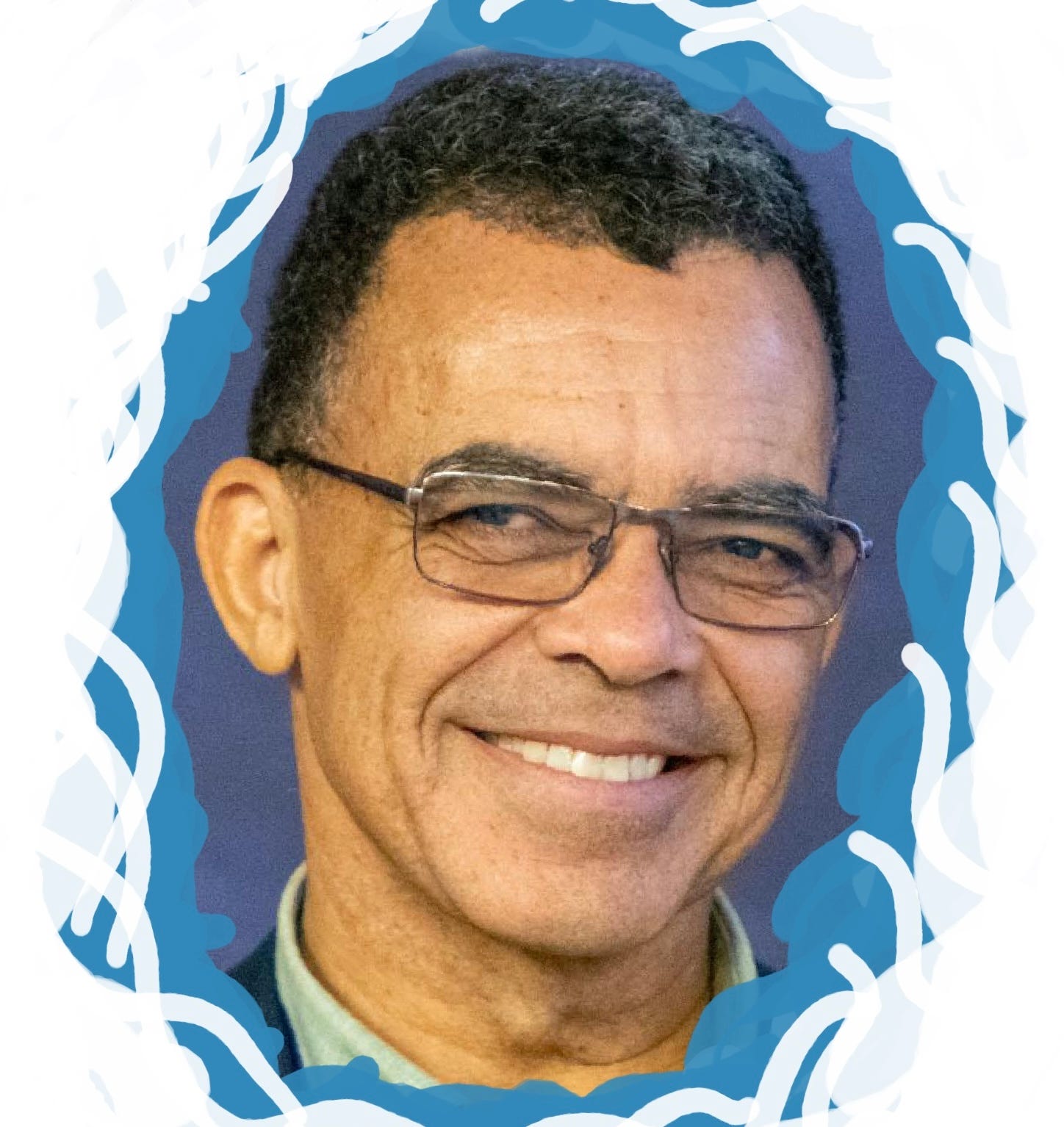#7 David Obura: Sustainable Oceans Lab - Reflections
- Author
- Jan Maisenbacher
- Published
- Sat 17 May 2025
- Episode Link
- https://janmaisenbacher.substack.com/p/7-david-obura-sustainable-oceans
In this episode of Ocean Collaborations, Jan Maisenbacher speaks with David Obura, an Kenyan marine scientist, about the social lab approach and collaborative efforts in conservation. They reflect on Davids experiences at Sustainable Oceans Lab from 2015 (https://sustainableoceanslab.org) and the importance of participatory practices.
David shares insights on the Great Blue Wall Initiative (https://iucn.org/resources/brochure/great-blue-wall-initiative) and emphasizes the need for trust and creativity in multi-stakeholder collaborations to address the challenges facing marine ecosystems.
In this conversation the importance of integrating human needs with ocean conservation efforts is discussed. They explore the significance of local knowledge, the challenges of financing nature-based solutions, and the need for transformative change in how we value and invest in natural ecosystems. Especially but not only in Africa.
The dialogue emphasizes the urgency of collaborative efforts to address climate change and biodiversity loss, highlighting the interconnectedness of economic systems and nature.
Takeaways
* The Sustainable Oceans Lab aimed to foster collaboration and creativity.
* Building trust among stakeholders is crucial for effective collaboration.
* Systemic transformation requires long-term commitment and engagement.
* Touching people's hearts is essential for effective collaboration.
* Participatory research tools are vital for understanding biodiversity. A lot of conservation efforts focus on the best places.
* Regeneration and resilience are crucial for low-income settings.
* Financing nature requires understanding its true value.
* We need to internalize the costs of using nature.
Sound Bites
* "Touching people's hearts is essential."
* "We need to build a mycelium of connections."
Chapters
00:00 Introducing David Obura
02:43 What would David say if he was the ocean?
03:51 Aspects of the ocean that break Davids heart
06:56 Reflecting on the Sustainable Oceans Lab
16:06 Northern Mozambique Channel and The Great Blue Wall Initiative
23:22 Davids transformative dreams for the UN Ocean Conference
26:23 How to bring funding and finance into longterm system regeneneration?
31:44 How to build positive transformations - and the dilema of mainstream economic systems
38:10 Building a Collaborative Social Lab Future
David Obura on LinkedIn: https://www.linkedin.com/in/david-obura-a6554547
Social Lab Revolution Book: https://ssir.org/books/excerpts/entry/the_social_labs_revolution_a_new_approach_to_solving_our_most_complex_chall
Additional links:
IPBES Nexus Assessment: Summary for Policymakers on Intergovernmental Science-Policy Platform on Biodiversity and Ecosystem Services (from March 2025):
https://zenodo.org/records/15082544
Details about the Sustainable Oceans Lab (2015)
The Sustainable Oceans Lab was a social lab. The Founding Partners were the Global Leadership Academy, Reos Partners, and Blue Solutions.
It was built on the idea that just as we have scientific and technical labs to address our scientific and technical challenges, we need social labs to address our socio-economic and political challenges.
The types of activities that the Sustainable Oceans Lab engaged in had several qualities in common. They:
* Brought together diverse actors
* Generated systemic understanding
* Fostered collaboration
* Enabled creativity and experimentation
* were participatory
The Sustainable Oceans Lab represented a new strategic response to the challenge of ensuring our marine eco- systems are sustainable. The purpose of The Sustainable Oceans Lab was to address the question:
How can we work together to enhance the sustainable management of our marine ecosystems globally?
To answer this question it gathered actors concerned with improving ocean and coastal community sustainability to:
* critically examine, reflect on and improve existing initiatives,
* develop and maintain new collaborative solutions, and
* build capacity among key stakeholders to collaborate
The aim of the Lab was to foster systemic transformation leading to sustainability for the oceans.
Links
https://sustainableoceanslab.org
Reos Partners: https://reospartners.com/blog/sustainable-oceans-lab
This is a public episode. If you would like to discuss this with other subscribers or get access to bonus episodes, visit janmaisenbacher.substack.com
